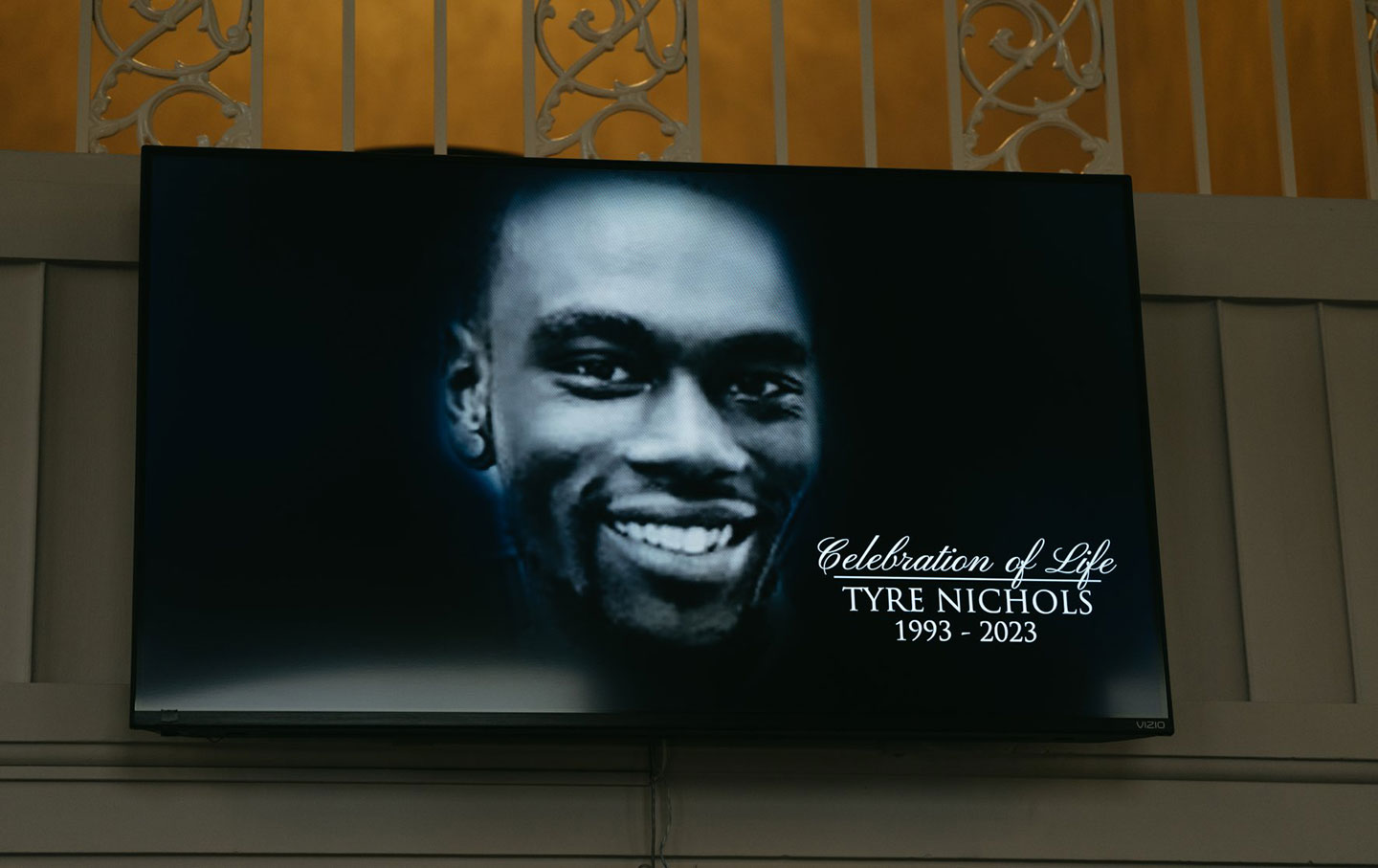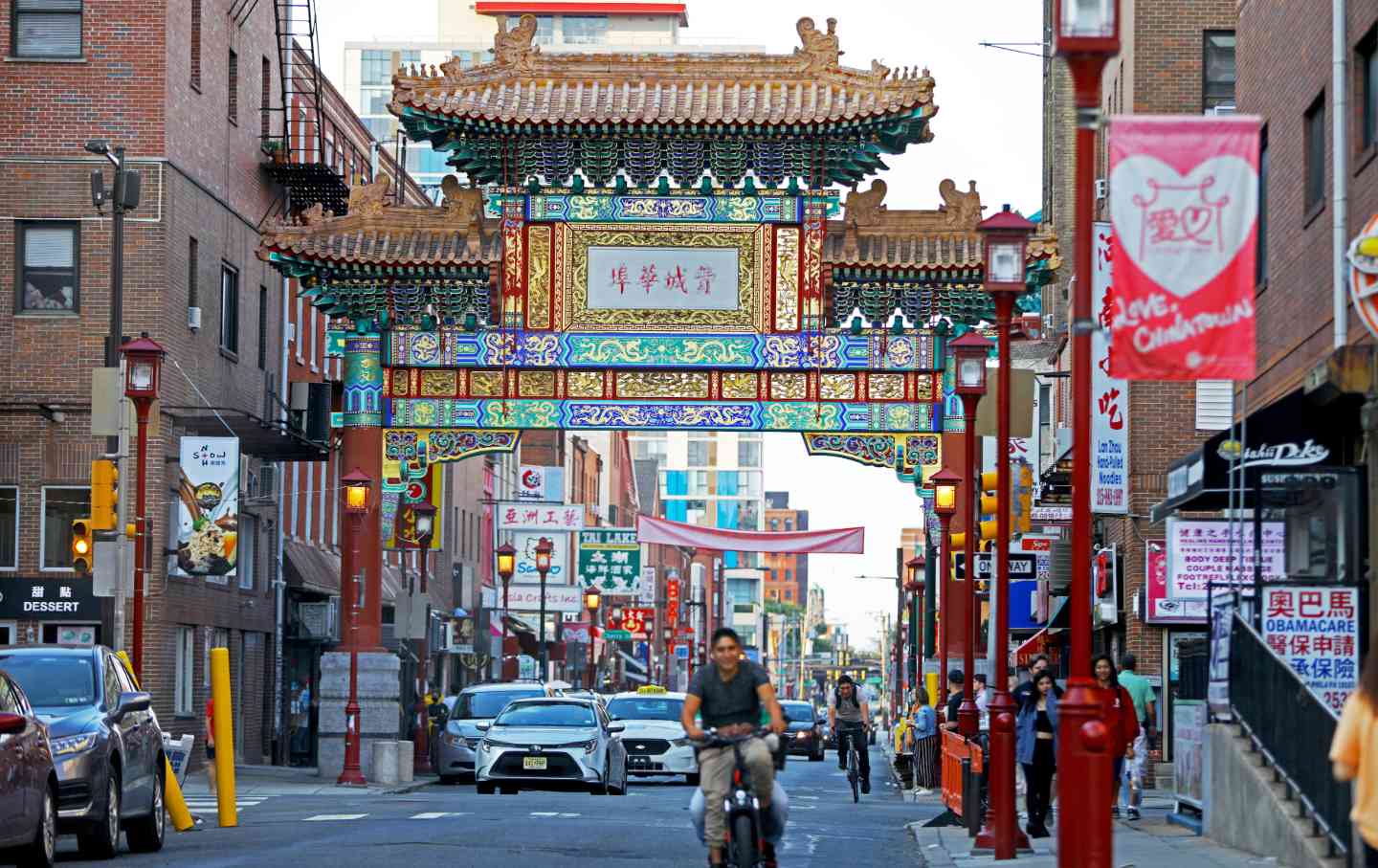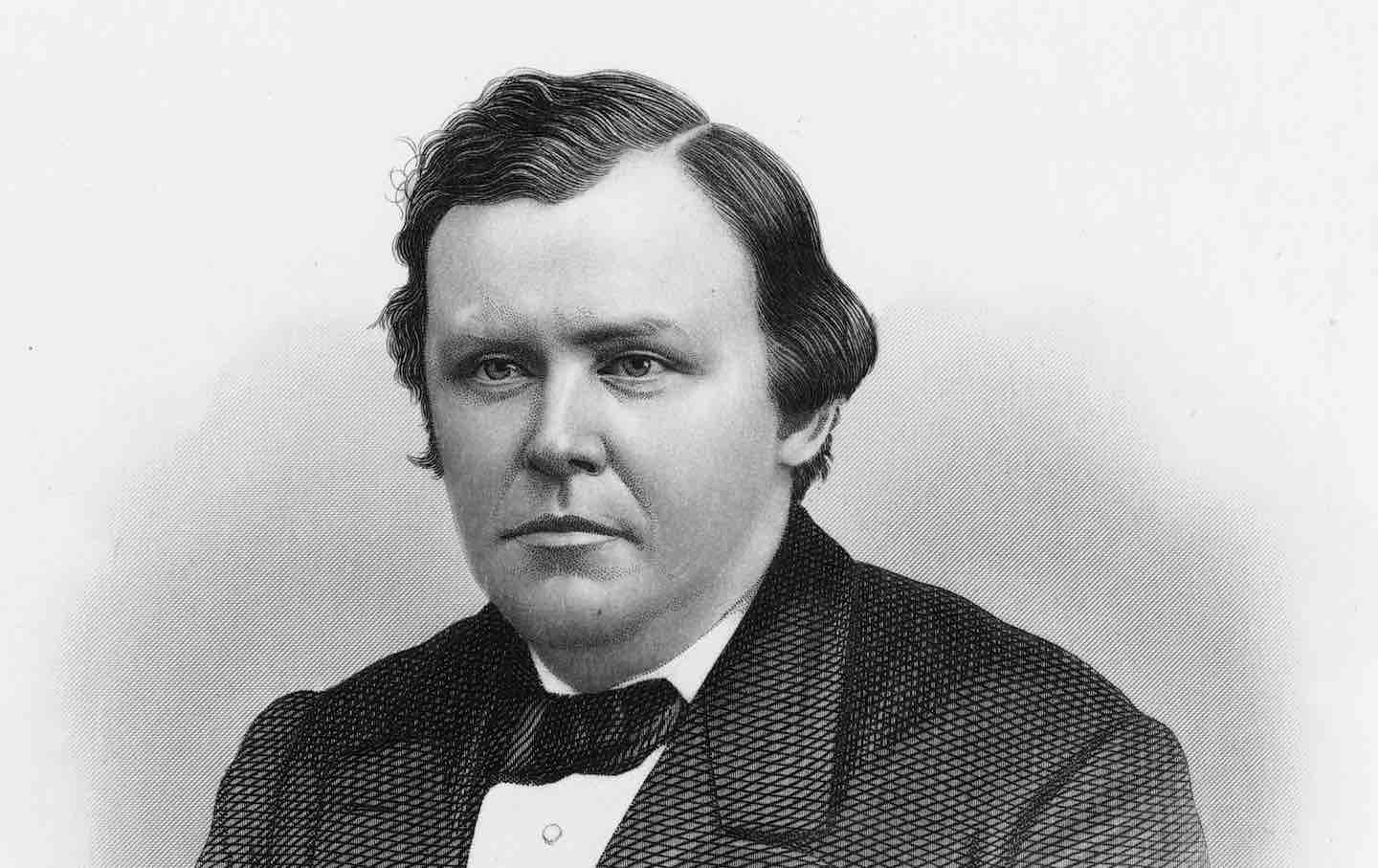The Cops Killed More People in 2023 Than They Had in Years
Three-and-a-half years after the George Floyd protests rocked country, we are back to the quiet acceptance of systemic injustice.

In May 2020, George Floyd was choked to death for 10 minutes on camera by police officer Derek Chauvin. The murder sparked the largest sustained civil rights protests since the 1960s. For a brief moment, white folks claimed to have had their eyes “opened” to the reality of police violence and brutality in this country. Corporations, media organizations, and universities committed to adopting more inclusive policies toward hiring and representation. Politicians promised real reforms to address the demands of protesters.
I predicted, in June of that year, mere weeks after the murder, that all of the alleged “solidarity” from corporate or political “allies” was white bullshit. I explained that white folks understand (either consciously or not) that the police are there to protect them, their privilege, and their power. I said that white folks are fundamentally willing to sacrifice innocent Black people to the murderous clutches of the police if it ensures their continued supremacy. I wrote:
The system of white supremacy enforced and protected by the American police was not built in a day, and it will not be dismantled in a day. What will people be prepared to do two weeks from now to make the world safer for black people than it was two weeks ago? What will they be prepared to do in two months? In two years?… Already, the infrastructure is in place for this country to ignore police brutality the moment everybody stops shouting about it.
It was an easy prediction to make if you understand the way the white world works. The white public support for the protests dissipated before the summer was even over. The inclusion and diversity programs erected in response to the protests are being torn down with glee by the defenders of white supremacy. Meaningful police reform died in statehouses around the country, in Congress, and on Senator Joe Manchin’s desk. And the news media and Hollywood resumed its regularly scheduled programing of copaganda.
And so, three-and-a-half years after the summer of “no justice, no peace,” we are back to the quiet acceptance of systemic injustice. A new report from the nonprofit organization Mapping Police Violence shows that 2023 was the police’s most homicidal year on record. The police killed at least 1,232 people last year, the most since the organization began tracking police murders in 2013. In 98 percent of those cases, the officers faced no charges.
It should come as little surprise that Black people faced the greatest danger from these murderous officers. Black people accounted for 26 percent of the deaths, despite the fact that we are only 14 percent of the population. Indeed, the statistics showed that Black people were 2.6 times more likely to be killed by the police than white people.
But, hey, former Harvard University president Claudine Gay improperly cited some of her sources, so really her appointment was the biggest racial injustice story of the year. Not Tyre Nichols, who was lynched by a group of Memphis cops. Not Niani Finlayson, who was fatally shot by a Los Angeles police officer mere seconds after he arrived on the scene to respond to a domestic violence call she made. Not Leonard Allan Cure, who spent 16 years in prison for a crime he didn’t commit, was exonerated, and was shot to death by police during a traffic stop.
Of course, Black people were not the only ones to bear a disproportionate burden from violent cops. The report shows that Native Americans are 2.2 times more likely to be killed by cops than white people. Latinos are 1.3 times more likely to be murdered than whites. Only Asian-Americans are less likely to be killed by cops than white folks.
One particularly disturbing trend the report highlights is that more killings were done by the police in rural areas (26 percent) than in urban areas (24 percent). There is even less oversight of county sheriff departments than of big city police. The chances of holding any of these small town cops accountable—when they kill people in the dark, in depopulated areas with no witnesses around, and when the only people who can prosecute them are their friends or cousins or brothers in the local district attorney’s office—are almost nil.
It’s worth noting that the cops unleashed their most deadly year on us when the murder rate by people who are not protected by a badge went down. Society as a whole was less homicidal, but the cops were more violent. That’s on top of the cops asking for more money and more weapons to combat a “crime wave” that doesn’t actually exist.
Another critical point: This report tracks only the number of deaths by the police; it doesn’t track the attempted homicides. It doesn’t track the beatings or sexual assaults. It doesn’t track the racial harassment or false arrests. This report doesn’t account for the people who miraculously survived their encounter with predatory police and escaped with only broken limbs, perforated lungs, or lifetime psychological scars.
This is the police force white America wants: violent and unaccountable. We cannot even muster enough sustained attention to the problem of police brutality, much less the sustained political pressure to try to fix it.
Whatever else happens in 2024, one thing is certain: The police will kill more people, those people will be disproportionately Black, and nobody will stop them.








